Andrew Harvey was born in India in 1952, and educated at English boarding schools and then Oxford University, where he wrote a thesis on madness in Shakespeare and Erasmus. At 21, he became the youngest Fellow ever admitted to All Souls College. Soon afterwards, however, he grew disenchanted with academic life, and traveled to India (his parents were Anglo-Indian) as part of a spiritual search. There he first encountered the Divine Feminine in the form of Mother Meera, his guru for some fifteen years (until 1993).
An independent scholar, Harvey is known primarily for his popular nonfiction books on spiritual or mystical themes, beginning with A Journey in Ladakh (1983). He now lives in Chicago where he writes, conducts workshops, leads tours, and offers spiritual counseling services by telephone.
Harvey envisions true spirituality to be the divinization of earthly life through spiritual practice. These practices can take many forms and can be taken from any religious tradition. The process of divinization would result in the gradual elimination of ecological destruction and of all forms of prejudice, especially racism, misogyny, and homophobia. Harvey also stresses the divine feminine, as expressed for example in the Virgin Mary, Kali, and Mother Earth.
Harvey sees six poets and religious figures as having universal appeal:
Buddha as portrayed in the Dhammapada
Jesus as portrayed in the Gospel of Thomas
Rumi, a 13th century Sufi poet.
Kabir, a 15th century Indian poet
Ramakrishna, a 19th century Hindu sadhu
Aurobindo, a 20th century Hindu philosopher-sage
Personal website:
Andrew Harvey
Publications:
The Direct Path
Son Of Man
Sun at Midnight: A Memoir of the Dark Night
Mary’s Vineyard
Light Upon Light
Teachings of the Christian Mystics
Teachings of Rumi
Perfume of the Desert
The Return of the Mother
The Way of Passion
A Journey in Ladakh
Loves Glory: Re-Creations of Rumi
The Divine Feminine
The Web
One Last Mirror
Burning Houses


